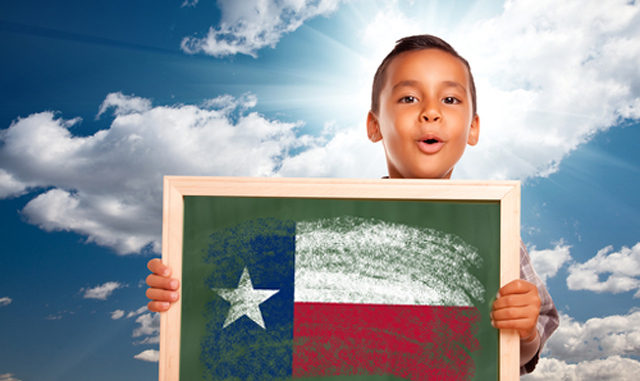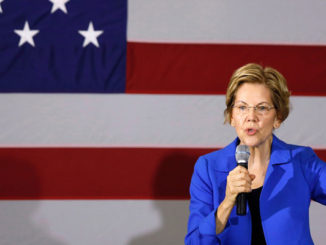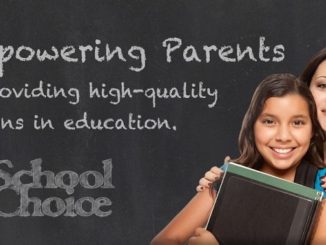
The Seattle Times declared last week that the “[u]nprecedented Seattle School Board race features two men in their 30s who don’t have kids.”
While the idea of childless young men caring about the school system is surprising, and, indeed, an exception to history (the Times reports that “the average age of board members now is 55”), it shouldn’t be. Men in their 30s who don’t have kids are just as affected by a low-quality and corrupt education system as women in their 40s driving their brood to and from soccer practice.
Education, they say, is the great equalizer, but in the United States, not all schools, and certainly not all educational opportunities, are created equal. There exists in our country an array of schools, ranging from high-quality traditional public and charter schools to many that are failing epically. What remains constant in most states, though, are barriers to families who wish to access something other than their one-size-fits-all, ZIP code-mandated government school, and these barriers are bad for all of us.
Think about the impact an excellent education has on a single child compared to a mediocre or poor schooling experience. If a child from the inner city, for example, is forced to attend the low-performing or failing traditional public school on his street, just because he happens to live nearby, it’s likely he won’t be exposed to anything but the poverty and violence that is so typical of rundown neighborhoods. The child’s teachers will spend much of their time disciplining other students, and what little teaching takes place will probably be overshadowed by outside distractions: drugs, bullying, crime and other social ills.
Without an education that gives this child an expanded view of the world, inspires him to dream big, be ambitious and pursue interests outside of the day-to-day struggles that consume so many of the underprivileged, how will he have any hope for improvement? Statistically, it’s unlikely that such a student, if he manages to graduate high school, will go on to college. His early schooling experience, or lack thereof, will affect him the rest of his life.
A study published earlier in 2017 found the pay gap between college grads and non-college grads hit a record high. “College graduates, on average, earned 56 percent more than high school grads in 2015, according to data compiled by the Economic Policy Institute,” USA Today reported. “That was up from 51 percent in 1999 and is the largest such gap in EPI’s figures dating to 1973.”
Again, that’s if a student graduates high school at all. Dropout rates in inner cities, not surprisingly, are much higher than those in the suburbs, and kids who drop out of high school have a much harder time finding a job, earning an annual income of just $20,241 (according to 2012 U.S. Census Bureau data), and are more than twice as likely to live in poverty than kids who stay in school.
Multiply our one child by millions, and imagine the crime, poverty and misery that continues because these children don’t have access to good schools. It’s a terrible cycle that hurts inner-city families, erodes the fabric of a sound and moral society and punishes all taxpayers, who are forced to pay for more law enforcement, prisons and welfare as a result of trapping these children in doomed situations.
Now, imagine if our hypothetical child had a place to go each day where he felt safe, his teachers could concentrate on teaching and the child’s mind was free to wander and wonder about greater things: new interests, goals and aspirations. Education choice programs give children hope and have been proven to benefit poor and minority students the most. Thousands of school choice success stories are a testament to this.
For example, in 2013, 100 percent of seniors attending Hope Christian High School—located on Martin Luther King Jr. Avenue in inner-city Milwaukee, “home to some of the worst-performing schools in the country”—were accepted into at least one college. This incredible outcome would have been impossible without the city’s school choice voucher program, which provided financial assistance to many of the students attending the school, according to a report by Watchdog.org.
Enabling families to find an educational option that works for their children is essential to building strong, happy, flourishing communities. Thus, it’s imperative that all citizens, not just moms and dads, concern themselves with education and vote to allow all families to have a say in where and how their kids are educated.
Teresa Mull ([email protected]) is a research fellow in education policy at The Heartland Institute



